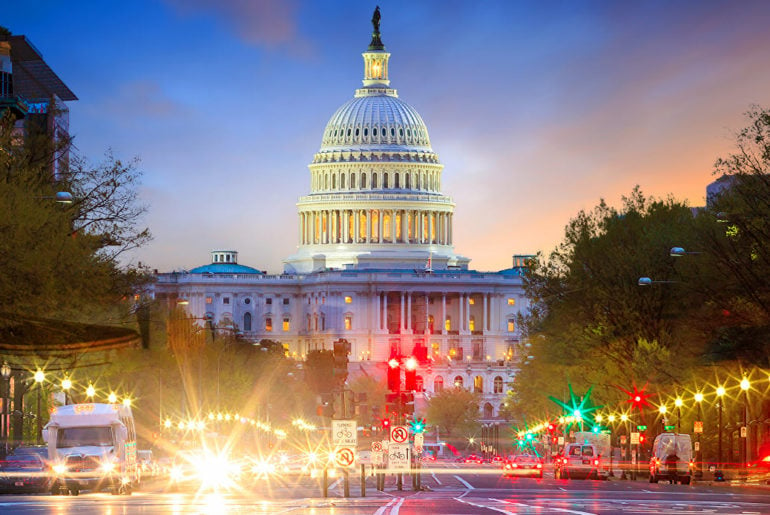In the recent flurry of US Government activity related to Xinjiang, one thing is clear: trade compliance risks continue to increase for companies with supply chains that involve Xinjiang. These latest actions add to the expanding list of companies that face import bans, export bans, and sometimes both, in addition to broader measures under consideration in Congress. This blog post summarizes the past month’s developments.
Explore our key resources and stay abreast of market developments and trends in the corporate power purchase agreement space.
In July of 2017, Andrew Bailey, the chief executive of the UK Financial Conduct Authority (FCA), announced in a speech that after 2021 the FCA would no longer use its power to compel panel banks to submit rate information used to determine the London Interbank Offered Rate (LIBOR). Mr. Bailey encouraged the market to develop robust alternative reference rates to replace LIBOR.
Pressure is mounting on US and multinational employers to require COVID-19 vaccines for employees, as the Delta variant spreads voraciously, spiking infections and hospitalizations across the country and forcing employers to once again shutter worksites or change their workplace safety protocols. But can (and should) employers mandate vaccination?
While US Immigration and Customs Enforcement has allowed some flexibility for US employers over the course of the COVID-19 pandemic, the relaxed rules will no longer apply once employees are routinely and predictably in the office. Without this flexibility, employers must act quickly to (1) update I-9s completed during the pandemic pursuant to ICE’s flexible rules, and (2) put in place or refresh protocols for I-9 completion and maintenance in a workplace that is always changing with shifting post-pandemic norms.
This week’s discussion will cover the following:
• New DOJ opinion on Trump tax returns
• New DOJ policy on subpoenas to new organizations
• New DOJ memorandum on White House communications
• SEC Chair Gensler’s Public Statement on Disclosures Required by Chinese Companies Listed In US.
When world economies face challenges, employment claims of all types rise. COVID-19 impact on work, working life, and the employment relationship has been unprecedented. We’re now in the midst of a pandemic many employers thought we were heading out of, but the Delta variant could make employers’ plans to return to the office even more difficult than originally anticipated.
There is a gold rush in tech M&A and the gold is talent to develop and integrate artificial intelligence (AI) technology. Faced with a shortage in skilled employees, buyers are using “acquihires,” a discreet M&A strategy that oftentimes flies under the news radar, to bolster AI benches.
This edition takes a bite-size look at the different rates of progress of environmental, social and governance (ESG) regulation and voluntary standards across the European Union, Hong Kong SAR, Japan, Singapore, the United Kingdom and the United States.
In this Quick Chat video, Baker McKenzie’s Labor and Employment, Trade Secrets and Antitrust lawyers explore the impact on employers of the severe limitations on post-employment noncompete restrictions outlined in President Biden’s Executive Order on Promoting Competition in the American Economy and the supporting Fact Sheet.


